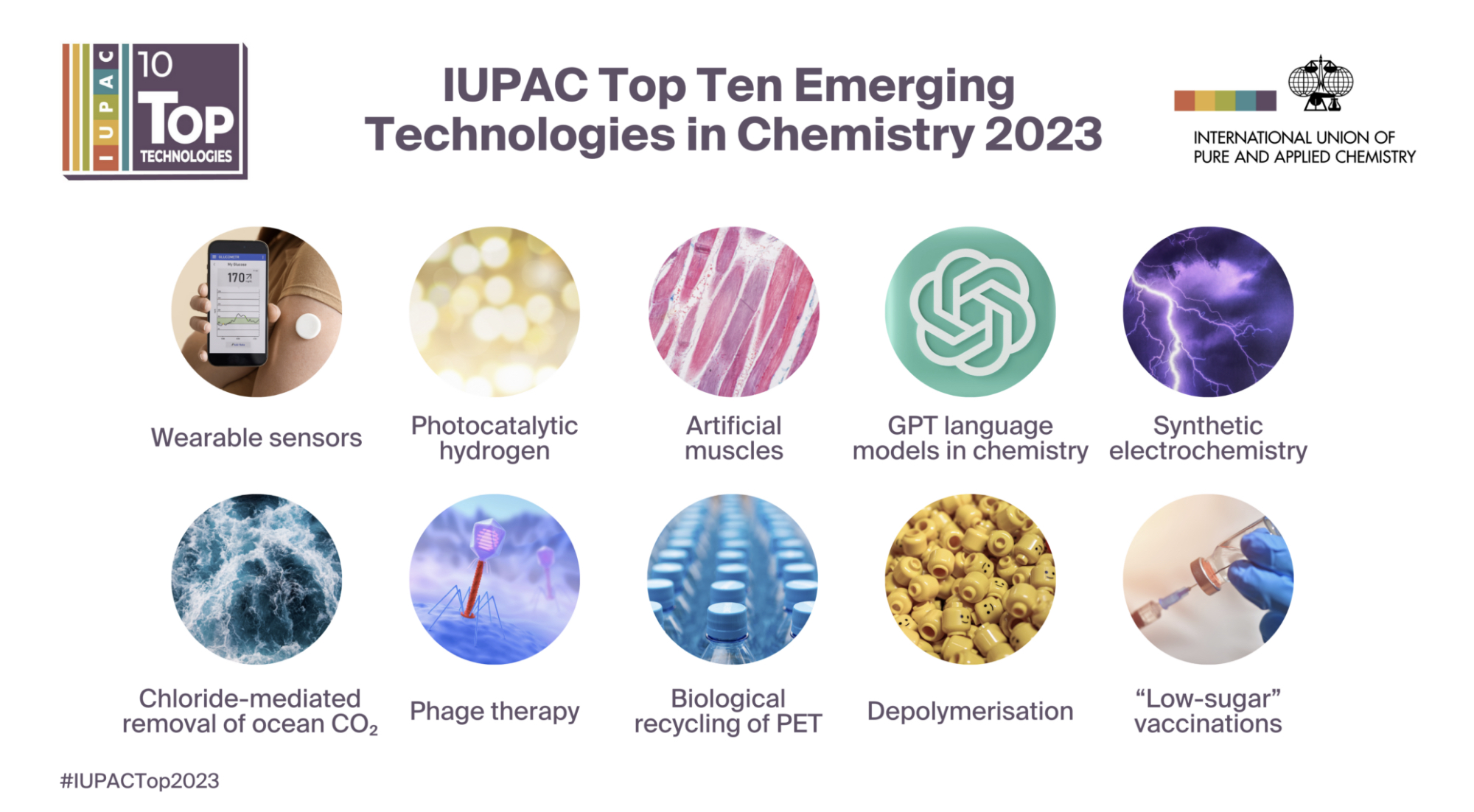The sudden outbreak of the pandemic has accelerated vaccine research and clinical applications. Among them, mRNA (messenger RNA) technology is the probably the one that received the most attention globally and is now being applied to infectious diseases, rare diseases, respiratory illnesses, and cancer, offering new hope for disease prevention and treatment.
Universal Vaccines: Safe, Well-Tolerated, and Promising for Future Disease Prevention
Founded in 2021, Rock BioMedical, Inc. established its R&D laboratory in the National Biotechnology Research Park of Taiwan the following year and launched an overseas base in Boston, USA. The company focuses on the development of low-sugar universal vaccines. Notably, its low-sugar universal protein subunit vaccine against COVID-19 is expected to apply for clinical trials in the U.S. next spring. If successful, this advancement would establish Rock BioMedical as a global leader in universal vaccine development, enhancing national epidemic prevention capabilities while facilitating expansion into the global pharmaceutical market.
After acquiring key technology through exclusive licensing from the research team led by the former President of Academia Sinica, Dr. Chi-Huey Wong, Rock BioMedical has dedicated itself to glycoengineering of biologics for disease prevention and treatment, making it a pioneer in low-sugar universal vaccines. The company’s RD efforts are led by Dr. Jeng-Shin Lee, Senior Vice President of Rock BioMedical, who brings a combined expertise in medicine and virology. Prior to Rock BioMedical, Dr. Lee served as the Associate Director of Harvard Gene Therapy Initiative, Harvard Medical School and Chief Scientific Officer at AB Biosciences, Inc. in the US. Under his leadership, the RD team at Rock Bio has been making steady progress in the development of innovative vaccine and antibody drug products. Dr. Lee believes that mRNA vaccines offer distinct advantages and will be a driving force in future vaccine and drug development, aiding nations in combating COVID-19 and responding effectively to emerging infectious diseases.
Enhanced Immunity Against Emerging Viral Variants for Durable Protection
Proteins and carbohydrates are basic biomolecules in living organisms. Over 90% of human proteins are glycoproteins, and abnormalities in glycosylation processes are linked to inflammation, infections, and disease progression. Dr. Lee explained that glycoprotein biosynthesis in the cells is highly complex. Rock BioMedical is leveraging "low sugar universal vaccine" technology to develop COVID-19 vaccines by identifying glycosylation sites, analyzing glycan sequences, and "unmasking" antigens covered by glycan molecules. This approach enhances immune responses, allowing vaccines to induce stronger protective effects.
Dr. Lee emphasized that, in addition to glycoengineering as its core platform, the research team is exploring how mRNA-LNP technology can be further exploited for drug development in general. This new paradigm presents a faster and potentially more efficient approach to protein-based drug development. "We see a tremendous opportunity—mRNA vaccine technology has the potential to revolutionize global pharmaceutical R&D, paving the way for precision medicine through RNA-based therapies," he noted.
Rock Bio's "Low-sugar universal mRNA Vaccine Against Influenza" program seeks to create a vaccine targeting multiple influenza strains. By using glycoengineering to remove selective glycosites on the HA protein, the vaccine can induce an enhanced and broadly protective immune response. This method shows promise for broad applications in disease prevention and treatment.
Breakthrough Technologies for Pandemic Preparedness
The COVID-19 pandemic has had a tremendous impact on the world. Utilizing proprietary licensed technology and developmental experiences, Rock Bio is applying low-sugar universal vaccine technology beyond next-generation COVID-19 vaccines, leading to the "Low-sugar Universal mRNA Vaccine Against Influenza” program. This approach enabled Rock Bio to be recognized at the 2023 inaugural Moderna Taiwan mRNA Innovation Awards.
Dr. Lee indicated that future efforts would focus on developing safer and more effective vaccines for both seasonal and pandemic influenza to reduce the occurrence of severe diseases and death. "Winning the 'Moderna Taiwan mRNA Innovation Award' encourages us to further accelerate mRNA research and explore strategic partnerships with other research institutions. By integrating more R&D resources, we aim to unlock commercial applications and drive global innovation in mRNA-based therapies," he said.
Dr. Lee highlighted the importance of having more effective tools to combat pandemics for controlling infectious diseases. He expressed hope that these advancements will lessen the global impact of future pandemics, reducing their threats to public health and the economy.
News Source:https://health.udn.com/health/story/5999/7625907
Interview Video:https://www.youtube.com/watch?v=ETsONZjZlPE&t=35s


